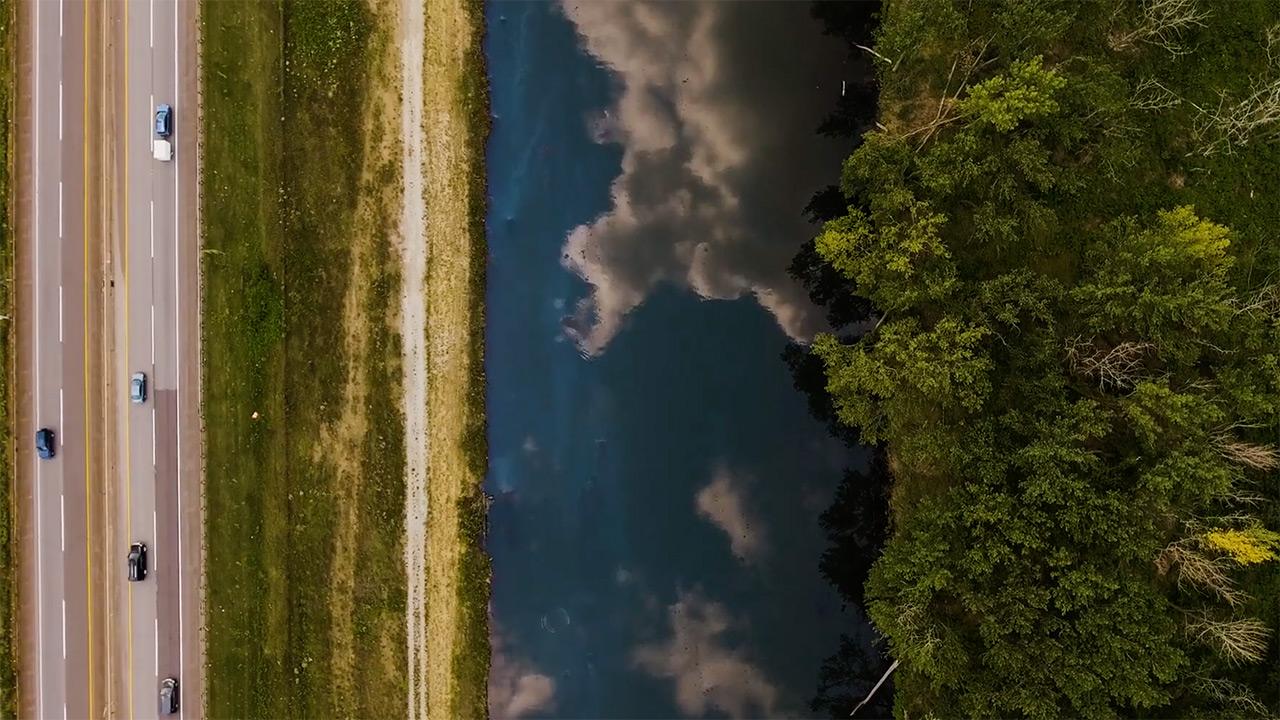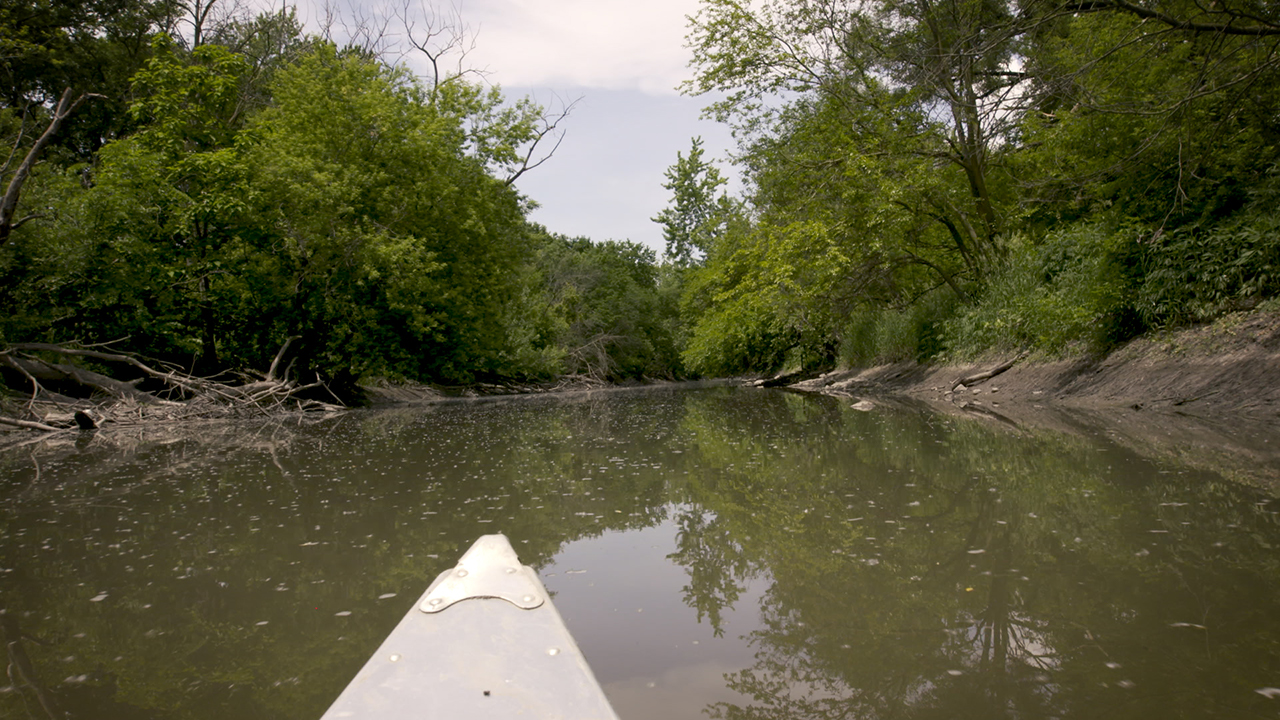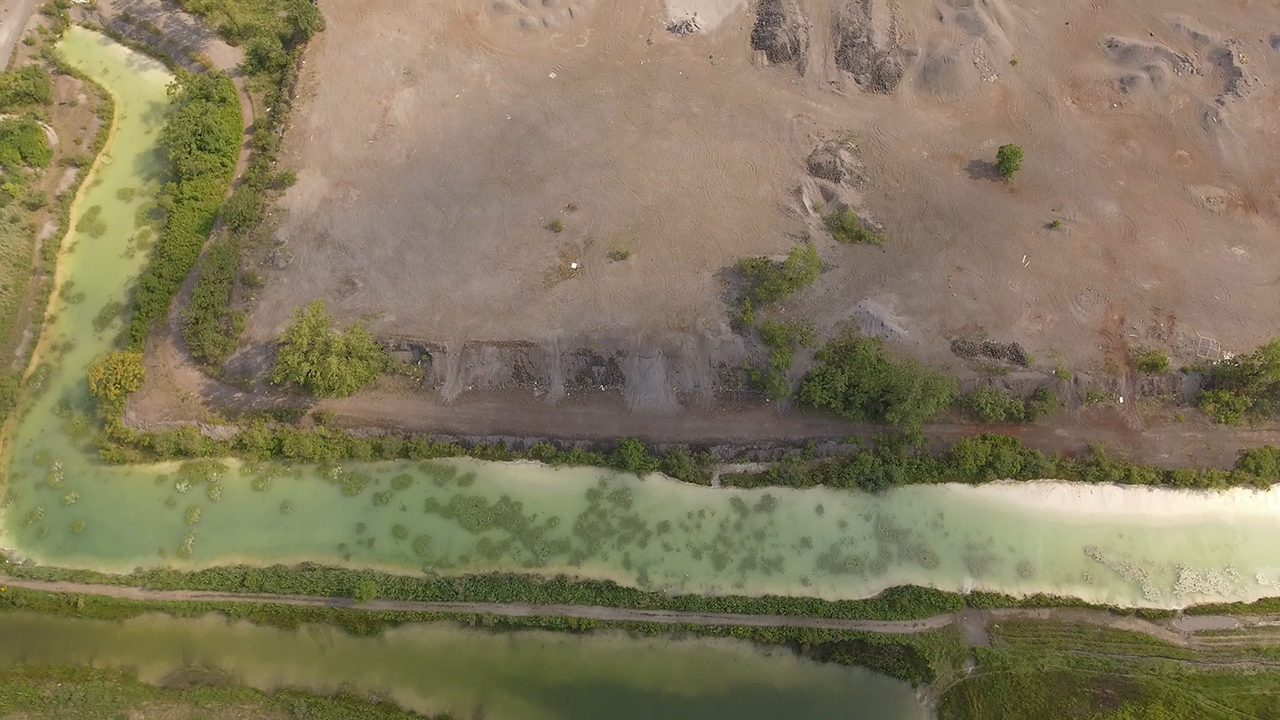Calumet Films is a web series that will highlight the diverse ecological and cultural environments of the area as well as the continued hard work of concerned people to ensure the future preservation of these last green spaces.
The Calumet Region is a place where people are living with a new 21st century balance of industry and nature.
The Calumet Region on Chicago’s greater southeastern border has a history as both a home of massive industry and diverse natural environments. It is still considered one of the most diverse areas in the country boasting prairies, marshes, hard wood forests, savannas, dunes, rivers and other wetlands, not to mention the entire southern coast of Lake Michigan. Calumet Films is a web series that will highlight the diverse ecological and cultural environments of the area as well as the continued hard work of concerned people to ensure the future preservation of these last green spaces.
Michael Taylor, Steward of the Little Calumet River in Illinois had a busy day at Kickapoo Woods. First, he was co-hosting the cleanup along with the Forest Preserves of Cook County, Openlands, and the Illinois Paddling Council. Later in the day he lead free kayak and canoe training for residents from around the Riverdale area.
The Little Calumet River has a west and an east arm. Kickapoo Woods borders it’s west arm in Riverdale. The river flows over 100 miles through the towns of Portage, Lake Station, Gary, Highland, Griffith, Munster, and Hammond, and in Illinois – South Holland, Dolton, Lansing, Calumet City, Harvey, Riverdale, Phoenix, Dixmoor, Burnham, and Blue Island..
Concerned citizens in the Hegewisch neighborhood of Chicago have been working to have the 67 acre Schroud property site cleaned up for years.
The EPA announced the addition of the Schroud Property to the Superfund National Priorities List (NPL) in October 2019. The NPL includes the nation’s most serious uncontrolled or abandoned releases of contamination. The list serves as the basis for prioritizing EPA Superfund cleanup funding and enforcement actions. Only releases at sites included on the NPL are eligible to receive federal funding for long-term, permanent cleanup. As of April 2020 there were 1335 sites on the National Priorities List.



